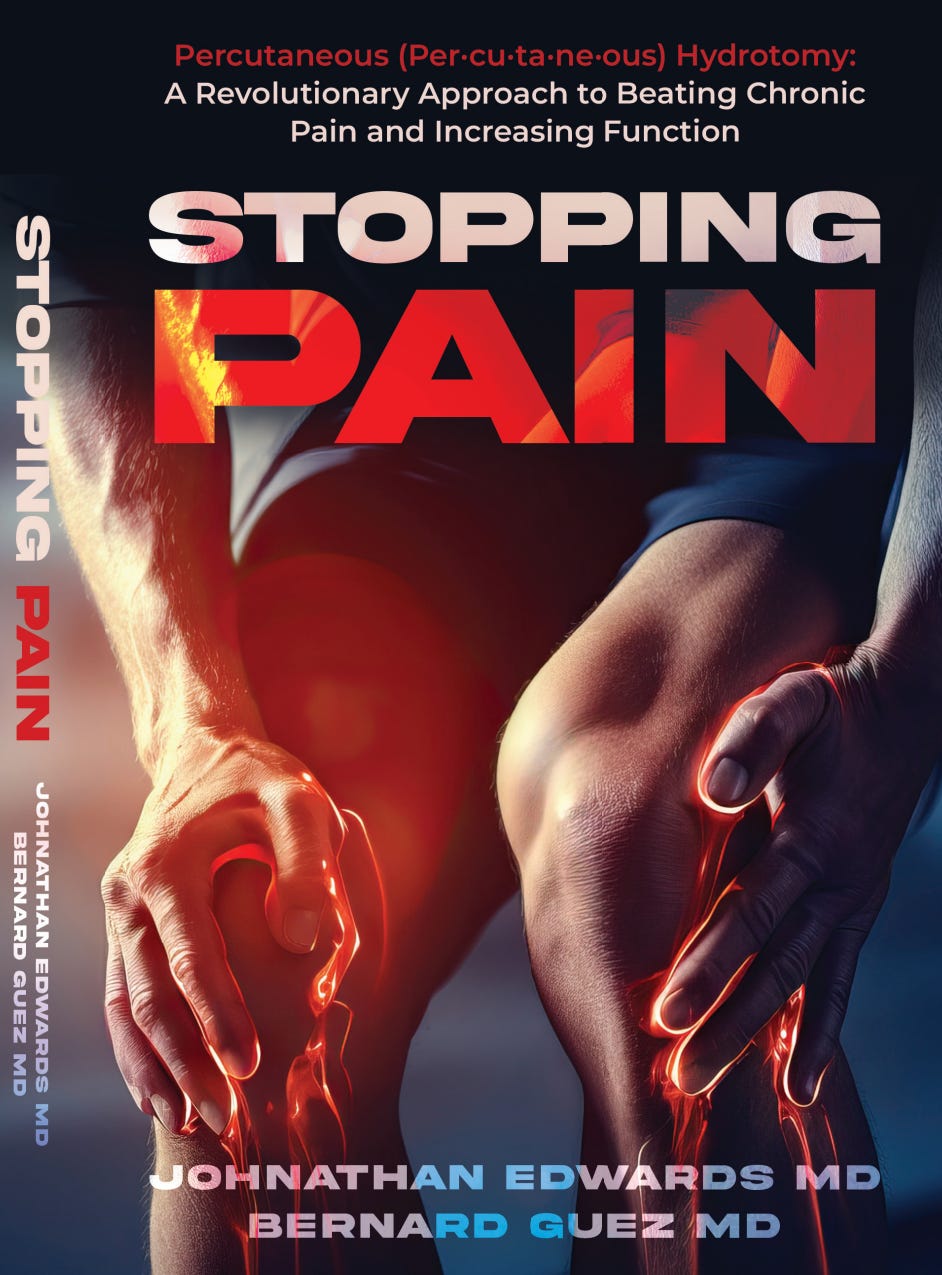The Perils of Evidence-Based Medicine
The discussion about evidence-based medicine (EBM) and its implications is a complex and debated topic in the field of healthcare. Indeed, many advances have come about in emergent treatments such as acute heart attacks, stroke, and trauma, but double-blind studies and EBM don’t result in the most beautiful medical discoveries. The general practitioner’s office remains the best observation post for patient reactions following a therapeutic procedure.
Challenges of Double-Blind Studies: Conducting double-blind studies, which are a cornerstone of evidence-based medicine, can be impractical and ethically challenging in the context of general medical practice. In private practices where physicians have established relationships with their patients, it may be considered unethical to knowingly withhold potentially beneficial treatments for the sake of a study.
Double-blind studies and evidence-based medicine don't result in the most beautiful discoveries in medicine. The general practitioner’s office remains the best observation post for patient reactions following a therapeutic procedure. In the recent past, most physicians were in solo practice, with a regular patient base. In private general medical practice, it is impossible and unethical to exercise this so-called “double-blind” protocol. The patient-doctor relationship must be considered in a framework of reciprocal listening and we must direct our intervention towards a cure. Therefore, such studies cannot be performed in the office, which would take away fifty percent of the patient’s chances of being cured. It would be unthinkable that we can “sacrifice” the chances of curing our patients just to compare the effect of a drug with a placebo.
Critique of Evidence-Based Medicine: The rigid adherence to EBM guidelines may limit healthcare providers’ ability to think critically, problem-solve, and practice clinical medicine effectively. This is seen as detrimental to patient care. It would be unthinkable that we can sacrifice the chances of curing our patients to compare the effect of a drug with a placebo.
Totalitarian Influence: EBM can have a totalitarian influence on medical practice, potentially displacing the doctor-patient relationship as the primary decision-making authority. Evidence-based medicine is a concept taught at universities and imposed in modern medicine. The current narrative is that all healthcare providers should practice EBM; however, it turns out not to be very scientific, and it’s arguably more of a cult than of science. Many healthcare practitioners have become dependent on EBM guidelines and have lost the ability to problem-solve, think critically, and practice clinical medicine. As a result, the patients are suffering the consequences.
Censorship and Agenda-Driven Actions: Healthcare providers being censored for promoting early treatment. Such actions are unprecedented in the history of medicine and may have a detrimental impact on healthcare. The most gifted physicians have been forced out of practice and replaced by less skilled physicians and nurses. When the only thing that matters is following guidelines, no thinking is necessary. We call this “paint by numbers” medicine.
Influence of Pharmaceutical Companies: EBM can be used to impose a form of medical dictatorship and grant undue power to corporate medicine and pharmaceutical companies. Pharmaceutical companies have significant influence over universities and medical societies through financial contributions. This influence limits the exploration of treatments that may not be financially beneficial for these companies, particularly in the case of chronic pain conditions.
Treatment of Chronic Conditions: Treatment options for chronic conditions like back pain and depression often rely on older medical data and pharmaceuticals. These treatments often do not address the root causes of these conditions and may lead to patients needing to take medications for life (Amerling, 2021; Rai, 2012).
It’s highly questionable to claim that medicine is inadequate, and we must replace it with evidence-based medicine. With the corporate takeover of medicine, most general practitioners and hospitalists are no longer accountable to their patients. Instead, they are accountable to the insurance companies and the healthcare bureaucrats. The quality of medicine, personal enjoyment, creativity, and innovation that medicine once represented have vanished. Hospital-employed providers are constrained by the system, and if the hospital institutes guidelines, healthcare providers must adhere to them, or they will be replaced.
A real world example where EBM is affecting patients is chronic pain. Healthcare providers are limiting themselves to stopping the symptoms but never treating the causes. The fundamental problem remains — analgesics don’t treat the cause of the disease. As a result, we force patients to take increasingly higher doses, which become restrictive and dangerous. However, little remains in conventional medicine to treat chronic pain if these central analgesics are removed. We have observed the disappearance of inexpensive drugs that treat the cells, favoring modern drugs that don’t treat the root cause of the lesion — the pain will always remain by not addressing the cause. In addition, modern drugs are expensive, government health systems and insurances often deny coverage, and ultimately, the patient loses.




